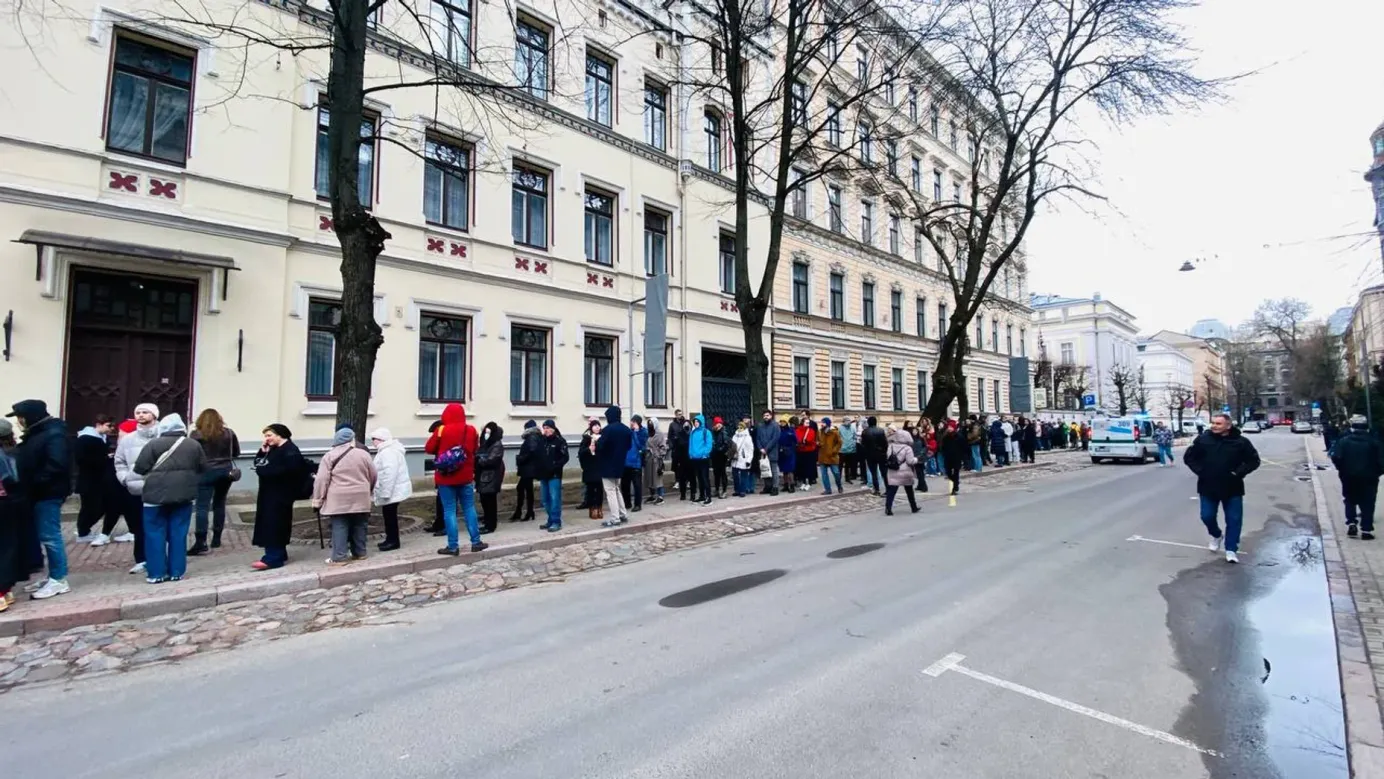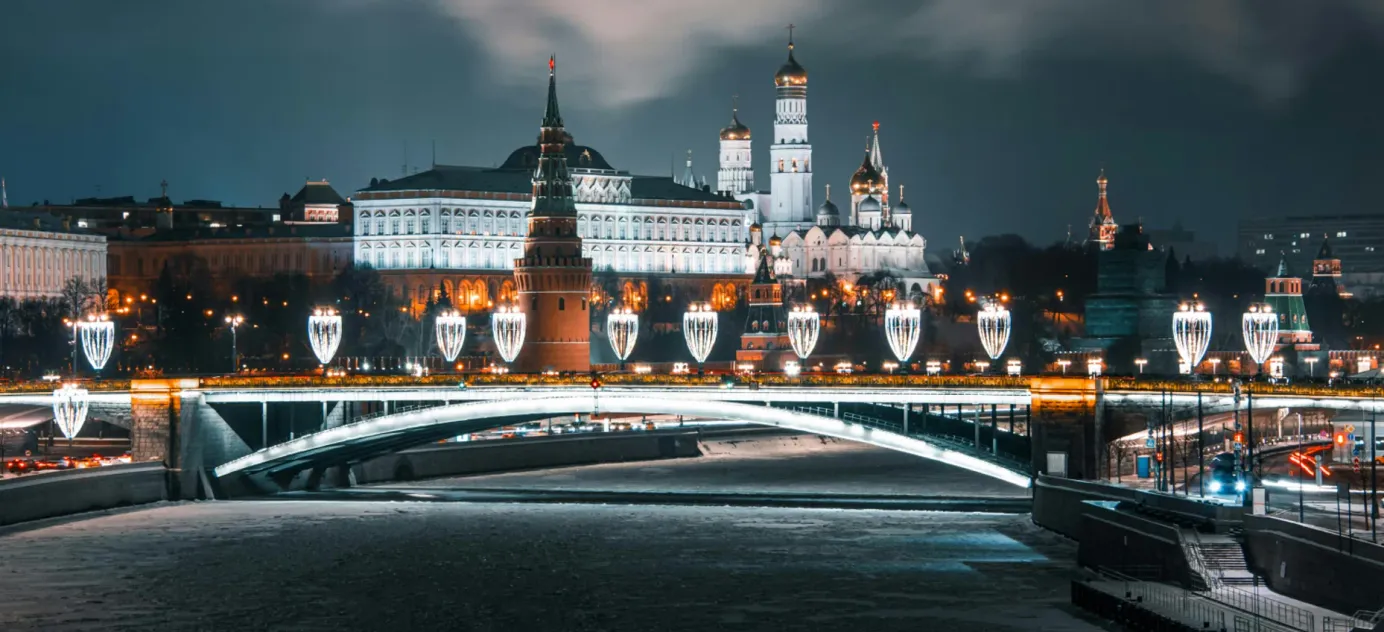
The opposition’s approach
The Russian opposition saw its organizational structures demolished even before the war. As a result, there weren’t many options for what they could do during this contest. They adopted two main tactical approaches.
- The first, backed by Alexei Navalny’s supporters, called for a significant election-day quasi-protest. Called “Noon against Putin,” opponents of the ruling regime were urged to arrive at their polling stations at exactly midday and form long lines outside. It was presented as a way to express dissent without the risk of arrest for attending an unsanctioned protest. This is a characteristic move for Navalny’s team: in the absence of any opportunity for supporters to gather legally, they have long focussed on protests intended to clearly demonstrate the number of people who disagree with the regime, while minimizing the risks of a police response.
- As a result of the protest, there were long lines at polling stations in Russia and especially at Russian consulates abroad, where thousands of Putin’s opponents gathered. Moscow activists estimate that in the capital more than 230,000 people went to a “Noon against Putin” protest. It is not clear exactly what this figure means for the opposition movement or if these people can be further mobilized against Putin and the regime.
- As expected, Russian propaganda outlets, the foreign ministry and individual Russian embassies happily posted pictures of the lines outside polling stations to spread their own message (1, 2, 3, 4) — one of an apparent groundswell of popular support for the election and record-high turnout.
- The second tactic adopted by the opposition was to encourage people, once in the ballot booth, to vote for any candidate except Putin in the absence of a genuine candidate to rally around. Different figures backed slightly different approaches. Opposition politician Maxim Katz, for example, urged people to vote specifically for New People’s Vladislav Davankov as the only “conditionally liberal” candidate. Navalny’s team used a random number generator to select their preferred candidate. As the official election figures suggest, this had little impact on the eventual result.
- According to rights monitor OVD-Info (which Russia has targeted and named a foreign agent), 86 people were arrested in 20 cities on March 17, the final day of voting. Over the three days, it recorded more than 100 arrests — slightly more than during the one-day 2018 vote, when opposition observers and picketers were detained. Vote monitor Golos (also listed as a foreign agent) reported 1,719 violations on March 17. Confirmed reports of ballot stuffing were rare, almost certainly as a result of strict limitations on the powers of observers, the end of polling station filming, and an almost complete absence of external controls over the handling of ballot papers.
What happens next?
Putin’s victory was inevitable — as was the fact that the opposition had no serious means of influencing the vote. The result that Putin claimed could indicate that he wants to move even further down the autocratic model and become more like some of his peers in Asia, Central Asia and the Middle East — not just in terms of election results, but also the approach of his regime. We will know more about this in the next six weeks, from his first post-election speeches and, more importantly, from the make-up of the new government that will be installed after his official inauguration. We wrote about possible changes in the government here.





